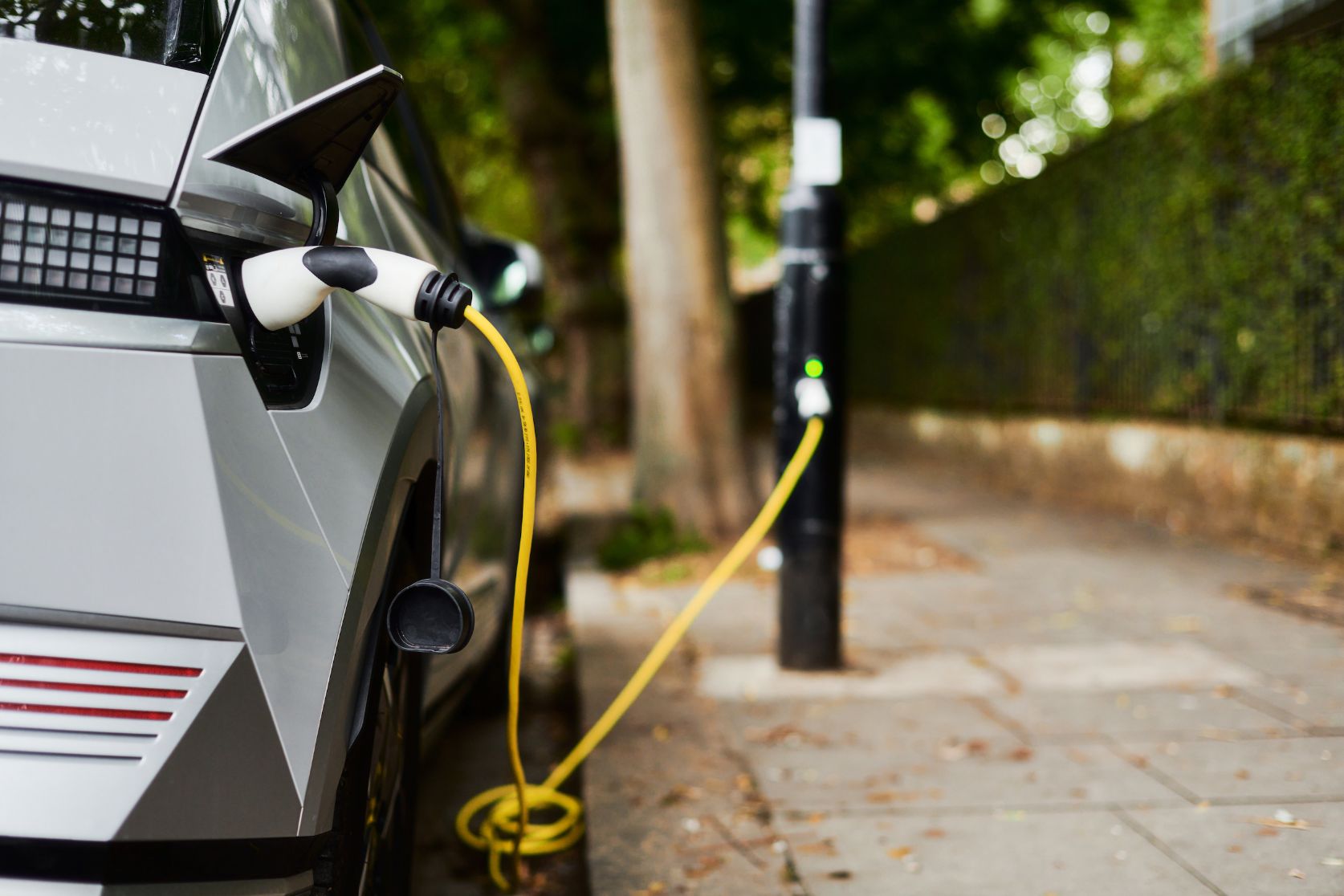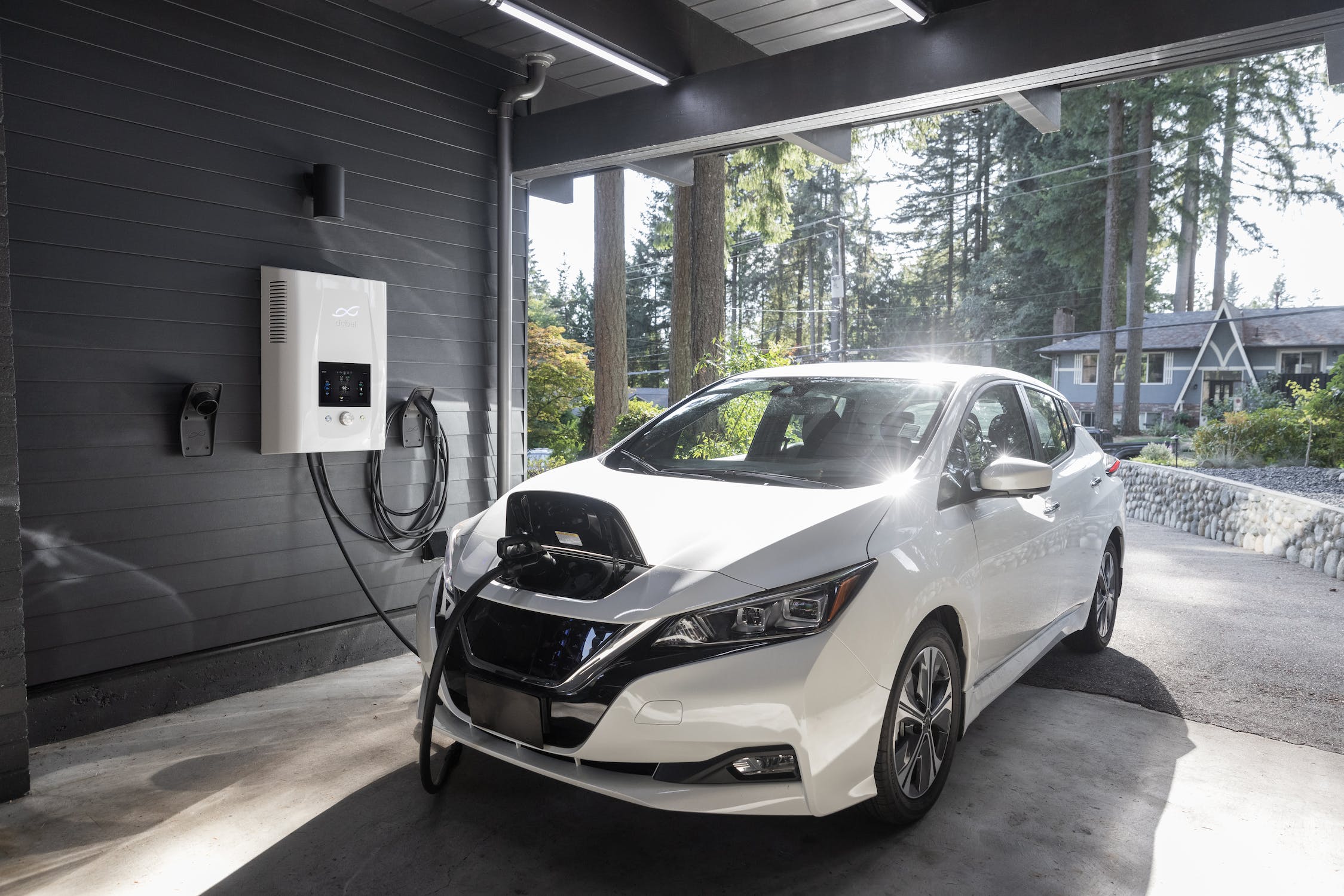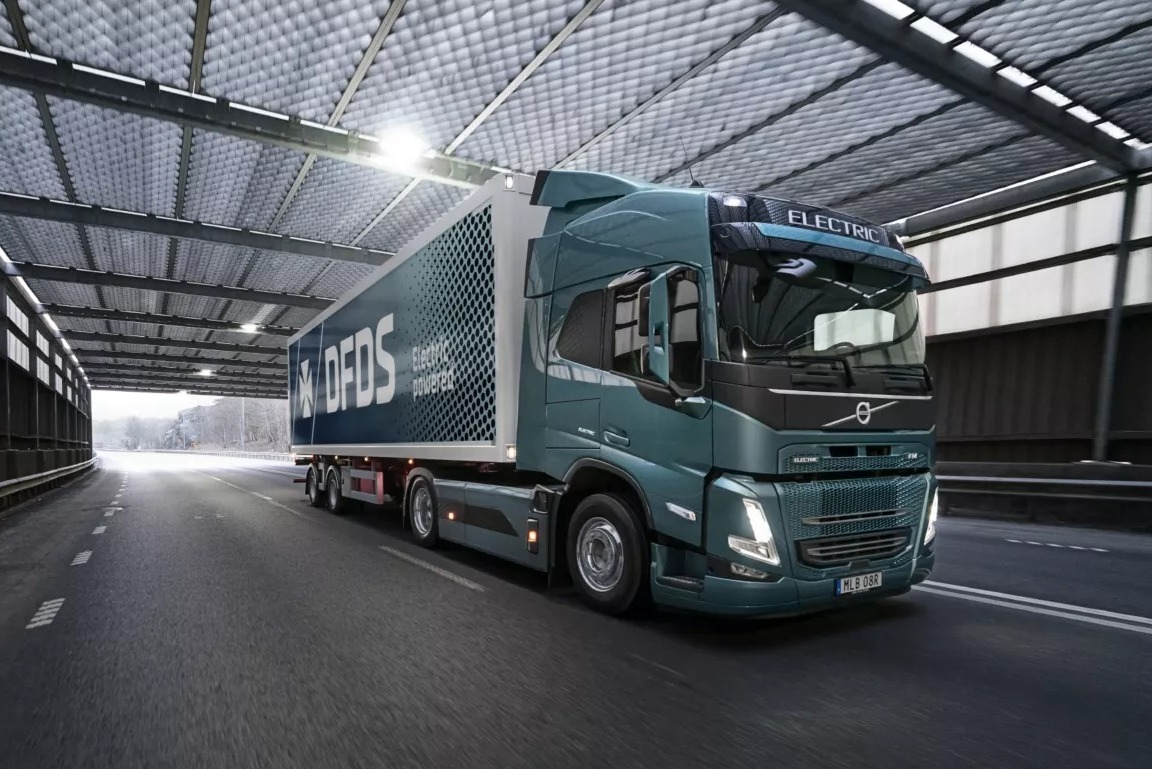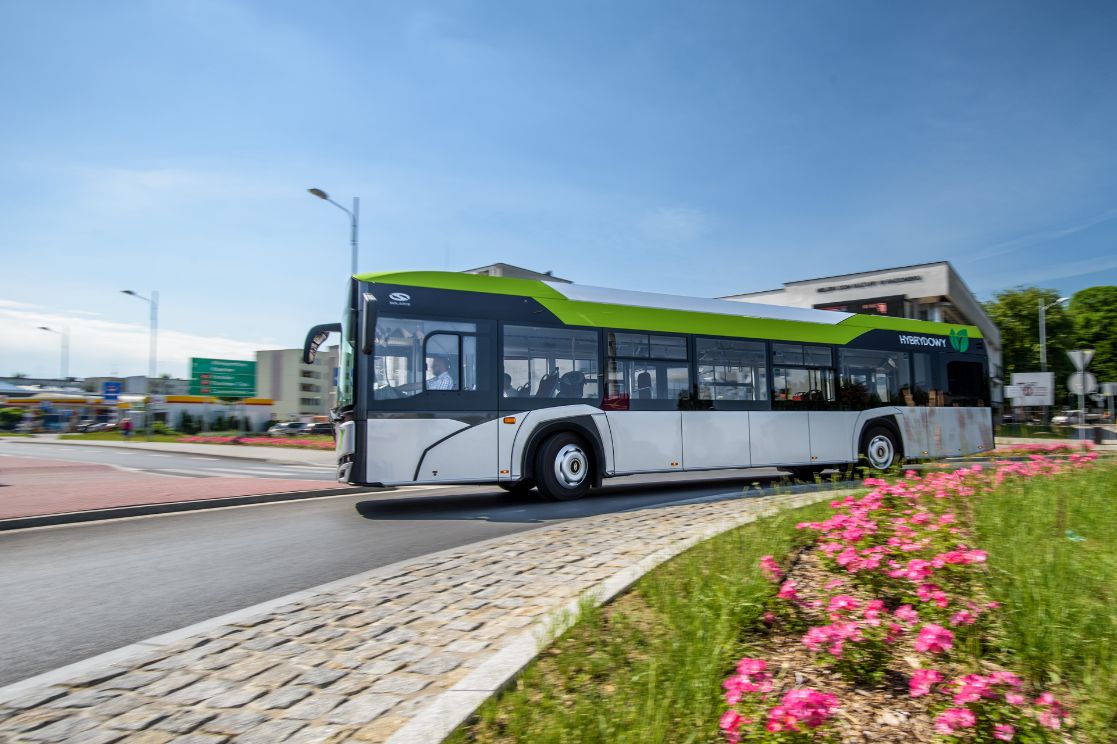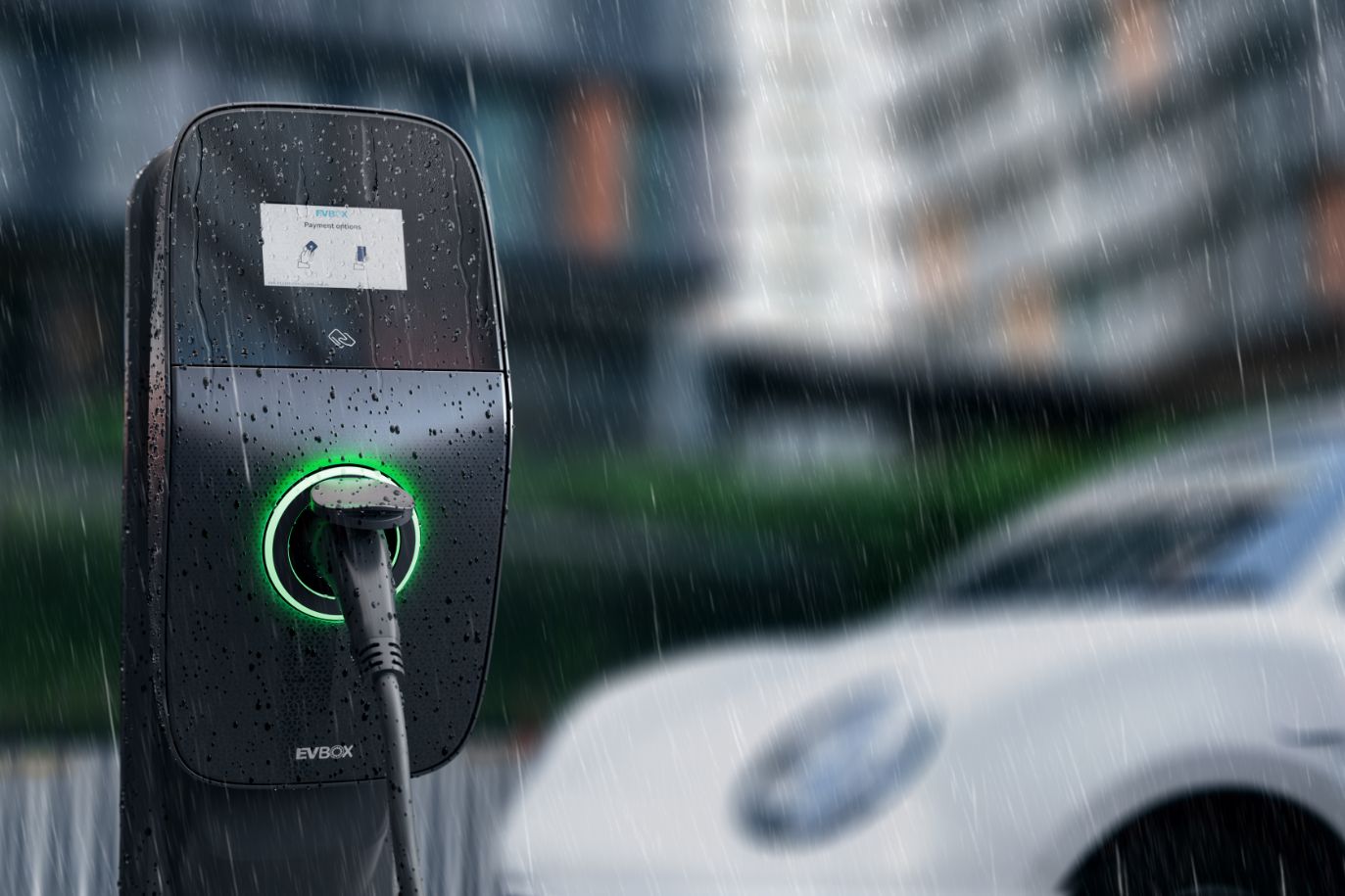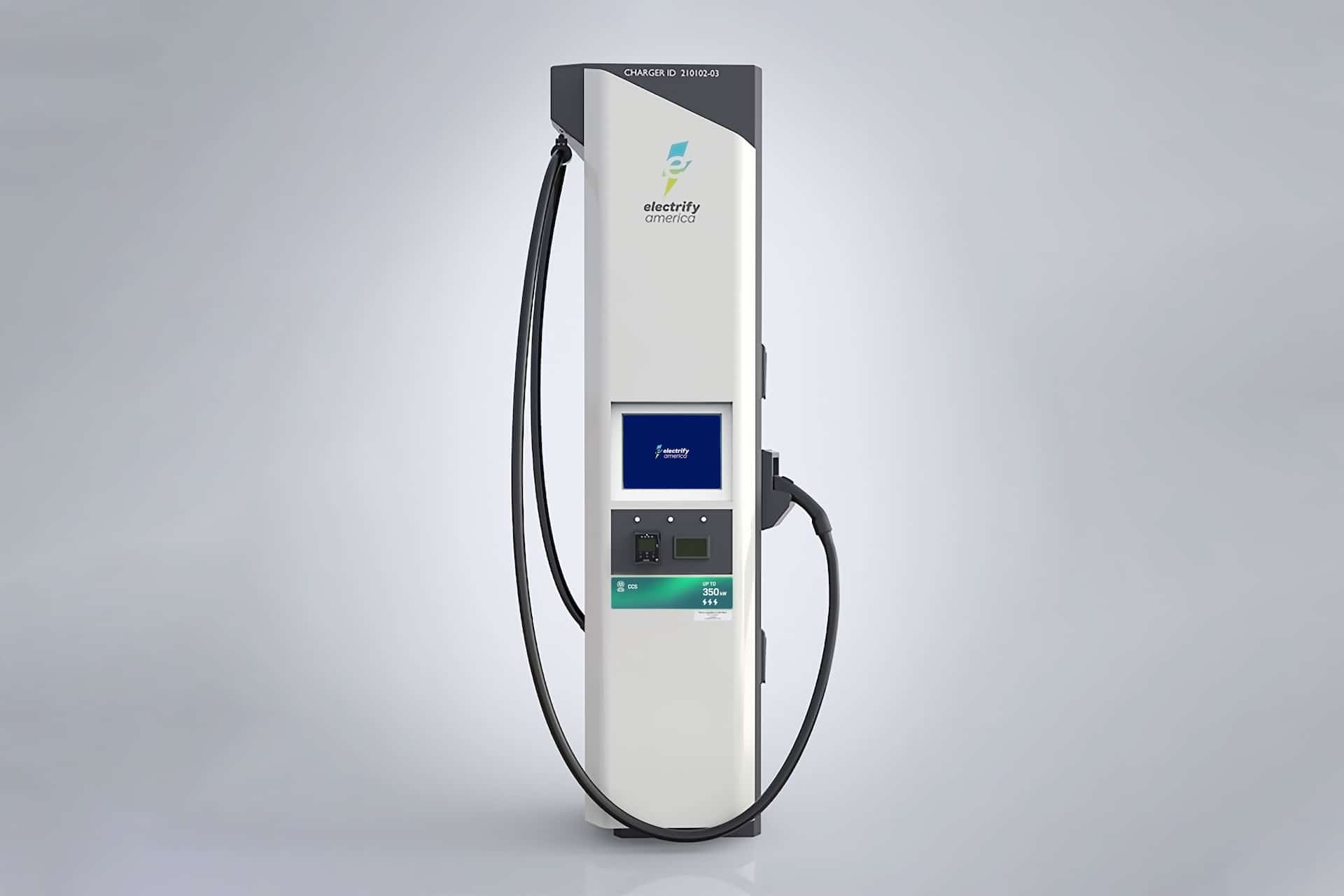Singapore is committed to reducing its domestic emissions by introducing various green initiatives across land, air, and sea transport sectors. The country’s Transport Minister, S. Iswaran, announced a series of environmental measures aimed at tackling climate change.
One of the measures includes the electrification of public transport. The Singaporean Land Transport Authority (LTA) will issue a tender for 400 new battery-electric buses in March, with plans for them to replace diesel vehicles in the fleet by December 2024. Singapore aims to electrify half of its public bus fleet, consisting of 5,847 vehicles, by 2030. In 2021, the country also announced plans to phase out diesel-powered taxis and cars by 2025.
See also: 42% of respondents support a ban on internal combustion engine cars in Singapore by 2030
At the airport, the government plans to electrify all “airside” vehicles, which are already 20% electric, to run on clean energy by 2040. Additionally, all new light vehicles used on the airside, such as cars, vans, and minibuses, must be electric by 2025. To support this initiative, the government has allocated $50 million towards an Aviation Sustainability Programme that will provide funding for sector-wide projects that reduce carbon emissions.
The harbour craft sector will also play a crucial role in reducing emissions. Singapore aims to achieve net-zero emissions in this sector by 2050, with all harbour craft and vessels that operate only in Singaporean waters required to be fully electric, run on pure biofuels, or be compatible with net-zero fuels such as hydrogen by 2030.
See also: Singapore launches special certification program for electric vehicle technicians
Along with vehicle measures, Singapore plans to extend the grant that co-funds the installation of EV chargers in condominiums by two years until December 2025. The grant, introduced in 2021, funds up to 50% of the cost of a smart charger, capped at $4,000 per charging station. Additionally, the government has lowered the threshold for approval from 90% to 50%, making it easier to install charging stations at condominiums.

